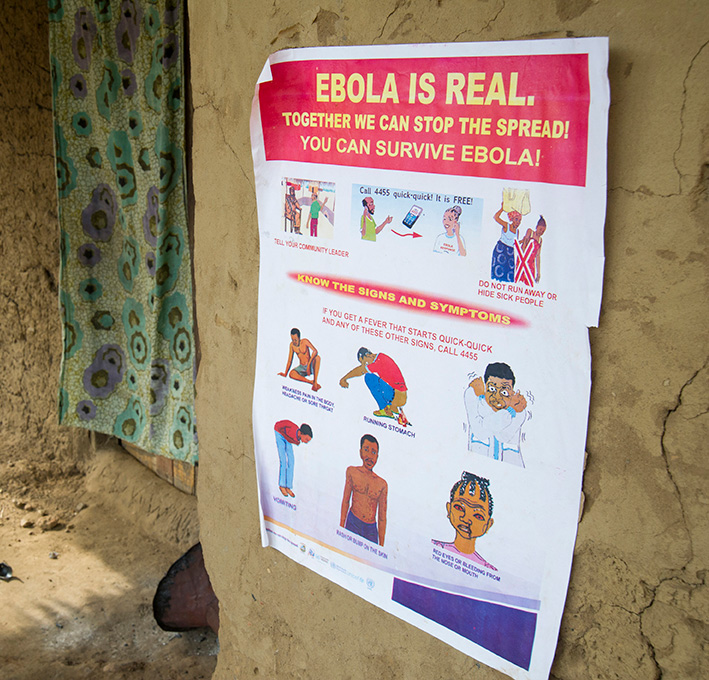Our emergency response fund is currently supporting our COVID-19 work: Learn More
ISSUE
As America’s health protection agency, CDC is prepared to rapidly deploy disease detectives, lifesaving vaccines and medicines and other crucial support during a health emergency at home or abroad. However, federal dollars, even during emergencies, are tied to restrictions and purchasing procedures that can limit CDC’s ability to act quickly.
WHY IT MATTERS
- Disease threats can spread faster and more unpredictably than ever before. Since 2011, CDC has responded to more than 60 public health threats including hurricanes, foodborne disease outbreaks, influenza, cholera, Ebola and Zika.
- Ebola in West Africa has shown us that a disease threat anywhere can mean a public health threat everywhere. CDC helps detect and control outbreaks at their source so that Americans can live healthier, more stable and productive lives.
- CDC is the U.S. scientific lead and a world expert in the global effort to eradicate polio, eliminate measles, control malaria and stop other infectious diseases occurring around the world.
SOLUTION AND IMPACT
Accelerate speed and flexibility to save lives
When a health threat strikes, speed saves lives. The CDC Foundation's Emergency Response Fund provides immediate, flexible resources to CDC experts addressing emergencies that affect the public’s health—whether natural disasters, emerging disease outbreaks or bioterrorist threats.
 Fill gaps, meet immediate needs
Fill gaps, meet immediate needs
The Fund provides CDC with critical lifesaving resources to meet the immediate needs of Americans and the global community during a public health emergency. Support for the CDC Foundation’s emergency response efforts has provided essential funding for CDC in response to many crisis situations, including the West Africa Ebola response, the Zika outbreak, the Haiti earthquake, Southern Asian tsunami and Hurricane Katrina.
$55 million to help extend CDC’s Ebola Response
Following the Ebola epidemic in West Africa, thanks to our donors the CDC Foundation raised more than $55 million to help extend CDC’s response. The funding provided critical assistance and supplies such as emergency operations centers in Guinea, Liberia and Sierra Leone, vehicles and motorcycles for disease surveillance and contact tracing, and technology enhancements for communications and consistent power sources.

